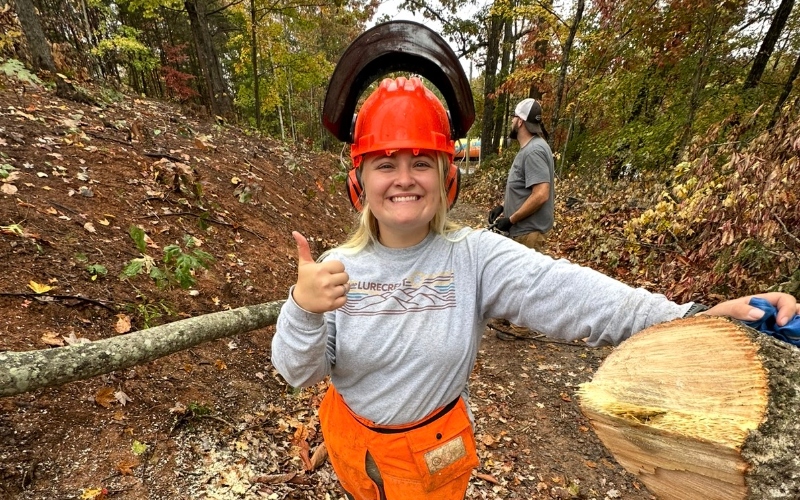Where have all the women gone?
Published 8:29 am Monday, September 11, 2017
Nowhere, of course. In fact, they’re outpacing men in admissions to universities, in professional careers like law and medicine, and you’ll find more in corporate offices. Yet they’re gradually disappearing politically even though in North Carolina and Polk County, for example, they constitute more than 54% of registered voters but probably 20% or less of elected officials. Politics perhaps might be the last “glass ceiling” to be broken. But why?
This nation has just been through one of America’s most extraordinary and consequential Presidential elections between Republican Donald Trump and Democrat Hillary Clinton. For many, it was like watching the Titanic slowly sink to its inevitable doom, forever stalked by an unseen, sinister iceberg waiting just below the surface called misogyny, a contempt, prejudice, or dislike of women. That same savaging and pillorying of Hillary now has been extended to Melania and Ivanka Trump, and, no, it’s not just men doing it. Yet whether you’re a rabid Hillary-hater or a dedicated, devastated follower, HRC also became a symbolic figure in a Manichean battle about gender and power in America, North Carolina, and, yes, even in Polk County. After this election, surely mothers and fathers will rather their daughters go into business, accounting, or nursing rather than try to become President or even run for office.
Since 2010, women elected and appointed officials in North Carolina steadily have decreased, especially in rural counties like Polk. The high point for women came in 2008 when Elizabeth Dole and Kay Hagan ran for the Senate, Renee McDermott and Cindy Walker for the Board of Commissioners. Since then? Really now, how many women have been elected or appointed to power positions and boards in Polk County? To the BOC? As sheriff? Mayors? City Councils? Law enforcement? Agricultural and economic development? Managers? Sure, we want women involved in health, social services, tourism, and education as well as on lots of advisory boards, but let’s keep them in nurturing and touchy-feely positions appropriate to the “weaker” sex.
Yet would having a “first-woman” as sheriff, district attorney, or even a state representative make a difference? Or more than one on boards or else they’ll never be heard? Would things be better? Would Polk be more progressive or conservative? Consider this. Overall, women represent the same spectrum of political views as men. Think Sarah Palin or Nancy Pelosi or Sue Myrick or Kay Hagan here. Would things go better? Regardless of their parties, women generally tend to bring a different set of attitudes toward issues as well as meetings. For example, they often are more open, collaborative, cooperative, and, yes, even listening and transparent. Then, too, they commonly are more sensitive to issues focusing on the environment, social services, education, and health than men. Think the opioid crisis and family services here. Moreover, women might even have new proposals on health care and education. Still, until Polk elects its first woman sheriff, a mayor or two, and more than one woman to the BOC, it will never know if that would change things.
Lastly, let’s blame women for all this. Everyone does. After all, they won’t run, and this is a democracy, isn’t it? It seems that, when women consider running for public office, they often do it while folding laundry or doing dishes, a debate few men have. But why fewer than 2010? These days, we have embraced a modern form of mother-worship where we imagine all women want to be mothers. In truth, there likely is no intrinsic value to becoming or not becoming a mother, but we nevertheless exalt soccer, helicopter, and tiger moms while, with ever-increasing abortion restrictions, we almost coerce women into motherhood if temporarily. As such, women now face more socially and culturally restrictive roles than before 2010. Additionally, with fewer women representatives as mentors or role models, especially in local offices that represent stepping-stones, there are fewer in the political pipeline. Finally, prominent women who have served need to be more vocal about the importance of bringing women into the process. Let’s all make women reappear instead of disappear politically.
Milton Ready, Tryon, N.C.





